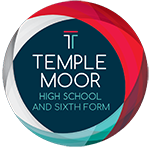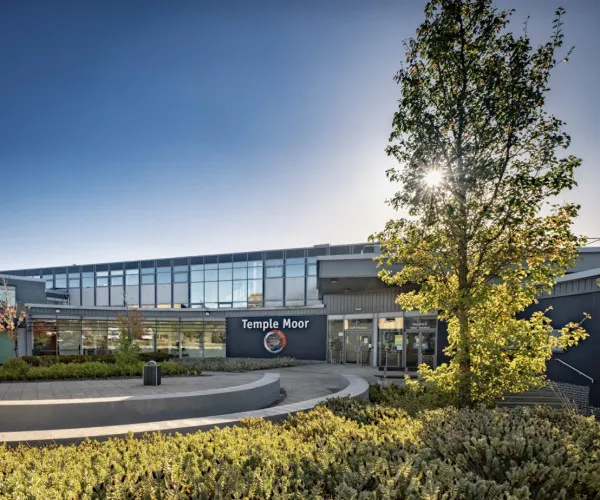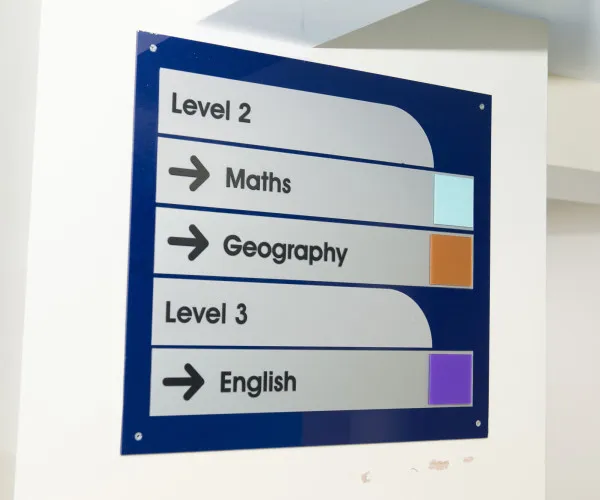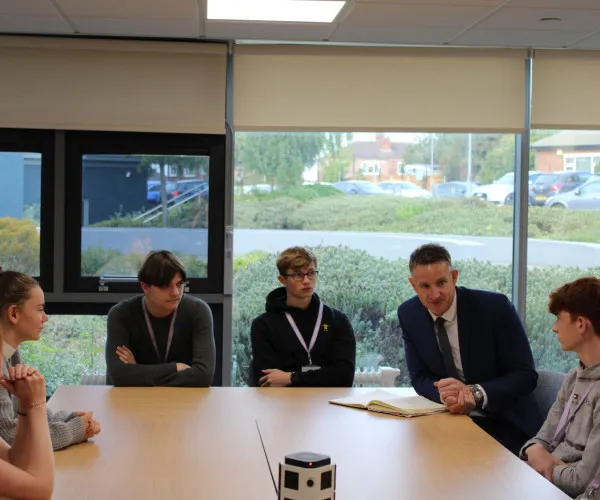- Curriculum
- Assessment
- Form Time
- British Values & Preventing Radicalisation
- Curriculum Subjects
- Art Curriculum
- Business Studies Curriculum
- Communication Curriculum
- Criminology Curriculum
- Design & Technology Curriculum
- English Curriculum
- Geography Curriculum
- Graphic Design Curriculum
- History Curriculum
- ICT Curriculum
- Law Curriculum
- Mathematics Curriculum
- Modern Foreign Languages Curriculum
- Performing Arts Curriculum
- Personal & Character Development
- Photography Curriculum
- Physical Education Curriculum
- Psychology Curriculum
- Read to Succeed
- Religious Education Curriculum
- Science Curriculum
- Sociology Curriculum
- Learning Qualities & Values
- The Options Process
- Supported Study and Revision
History Curriculum
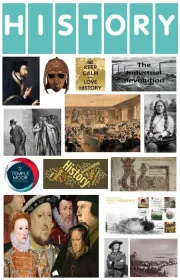 Subject aim
Subject aim
In History students will develop their knowledge and understanding of the past both locally, nationally and globally. Students will obtain powerful knowledge to help them understand their world they live in. Within the subject, they will develop their critical thinking, communication and analytical skills, which will prepare them for the wider world.
Details about the curriculum structure
Students, across all key stages, advance their understanding of the past through developing their knowledge around the key historical concepts within History. These include change and continuity, cause and consequence, significance, similarity and difference. Furthermore, all key stages are exposed to critical thinking via interrogation of sources and historical interpretations.
Key Stage 3
All students in KS3 have 4 hours across a fortnight of History lessons. Students are introduced to the key historical concepts and begin to build a coherent understanding of Britain’s History; this enables them to begin to sequence key events chronologically. Students will also begin to use historical interpretations and sources to help them begin to ask questions and think on a more critical level.
Key Stage 4
At KS4, students have 5 hours across a fortnight of teaching. We study the Edexcel GCSE and within this we continue to develop students’ historical understanding within the concepts and apply these to new content areas. They also become more confident with using the historical interpretations and sources to ensure they are able to critically evaluate these. Students also investigate a historic environment, the WW1 Battlefields, where they are able to understand how History has impacted the world around them.
Key Stage 5
Students who continue with History at A-Level receive 8 hours a fortnight of lessons. These are divided between the key papers and modules, which continue to develop and challenge students’ historical thinking and skills. The students become more independent within Year 12 and 13, and are challenged to create their own historical investigation, evaluating historians’ interpretations through independent research.
What will students study?
Key Stage 3
Year 7
In Year 7 students, begin to develop their historical skills and understanding by studying the conquest of and migration to Britain up to 1066 and the changes experienced with each conquest from the Romans to the Normans. Following this, in order to further understand the Medieval world, students will be introduced to worldwide trade through the Silk Road, then learning about the consequences of this with the Black Death and Peasants Revolt in the 14th Century. Students will then refocus on England, considering the extent of change in the Tudor period through understanding sources in order to compare the effects of the Dissolution of Monasteries and the Spanish Armada. Finally, in Year 7, students will focus on the consequences and significance of the Age of Exploration and the beginning of British settlement and Empire in the 17th Century in Jamestown.
Year 8
By year 8 students will develop their understanding of empire and the historical interpretations which surround it through an investigation into Britain’s role in the slave trade, the conditions of enslaved people and the significance of the slave trade. Furthermore, historical skills will be further enhanced through a study of source utility through an investigation into the Industrial Revolution. To effectively understand the time period, there will be a focus on Whitechapel in London and the Jack the Ripper murders which took place there, so that students can grasp the concepts of poverty, crimes and punishments. Finally, in year 8, students will be introduced to the local study and focus on the impact of the First World War on Leeds. This will focus on the Leeds Pals battalion and members within it, investigating why the First World War began in 1914, the reasons for signing up, the importance of major battles and the end to the war in 1918.
Year 9
Within year 9 the challenge is increased, through a greater focus upon political history. Students are challenged in their use of historical sources and interpretations in a study of protest since the 1800s. This study of protest will engage students in the events of the Peterloo Massacre, role of the Chartist movement in gaining suffrage and the importance of the Suffragette movement in order to build understanding on the importance of democracy. Moreover, students will then study the importance of the Holocaust, considering the experiences of the people, the discrimination and persecution of individuals. Finally, in year 9, students will study the Cold War, supporting them in understanding some of the modern geopolitical challenges. This study will focus on the Cuban Missile Crisis and the extent of tension that existed between the major superpowers from the 1940s to 1970s.
Key Stage 4
Year 10
The students will interleave each week between two different content areas. One week they will study Anglo Saxon and Norman England, looking at the patterns of change and comparing the two periods after the turning point of the Battle of Hastings. At the same time, they will study Medicine through time, where they will focus on a development study about the development of Medicine from 1250 through to the present day. They will begin to analyse and explain significance, cause, consequence, similarity, and difference. Within this study, there will be focus on WW1 and the impact this had on Medicine.
Year 11
Within Year 11 the students will study Weimar & Nazi Germany, focusing on developing the source and interpretation analysis skills, as well as an explanation of the causes and key features of the Nazi rule. Within Year 11, students will also study the American West. This will look at the development of this area and the consequences and significance of this movement. These will develop their understanding of the key content and their analysis of historical concepts.
Key Stage 5
Year 12
Paper One is taught concurrently with Paper Two. Paper One focuses on Germany and West Germany from 1918-89 whereby they focus on the changes experienced over time and use this to interrogate and critically evaluate interpretations of Hitler’s foreign policy. Paper Two covers the Rise and Fall of Fascist Italy, this is the depth study where students cover the analysis of sources and extended written skills by evaluating the key events.
Year 13
Within Paper Three, students focus on the Tudors; looking at the rebellions within this period, whereby they develop source analysis competencies and extended critical analysis of the key turning points within this period. Finally, students develop their own enquiry using historical interpretations, whereby they construct their own response to a historical debate.
Qualifications which we offer at KS4 and KS5
Key Stage 4
Key Stage 5
Enrichment and extra-curricular opportunities in the subject
Within the History curriculum, we offer enrichment opportunities within KS3 through History Club, whereby there is a focus on how history has helped to develop the local area. There are also opportunities with guest speakers, including a Holocaust survivor. Additionally, within KS4, students have the opportunity to go to the WW1 Battlefields in France and Belgium to build a holistic picture of the historic environment they study.
Where could this subject ultimately take you?
History is a subject highly regarded by both apprenticeships, universities and employers. The critical analysis skills that you will develop can enable progression into a wide variety of careers such as law, journalism and the media, marketing and business, management and teaching, as well as more specialist careers such as archaeology, historical research and museum curation.
Links to other sites which support study in our subject
Contact details to find out more about our curriculum
- Curriculum
- Assessment
- Form Time
- British Values & Preventing Radicalisation
- Curriculum Subjects
- Art Curriculum
- Business Studies Curriculum
- Communication Curriculum
- Criminology Curriculum
- Design & Technology Curriculum
- English Curriculum
- Geography Curriculum
- Graphic Design Curriculum
- History Curriculum
- ICT Curriculum
- Law Curriculum
- Mathematics Curriculum
- Modern Foreign Languages Curriculum
- Performing Arts Curriculum
- Personal & Character Development
- Photography Curriculum
- Physical Education Curriculum
- Psychology Curriculum
- Read to Succeed
- Religious Education Curriculum
- Science Curriculum
- Sociology Curriculum
- Learning Qualities & Values
- The Options Process
- Supported Study and Revision
